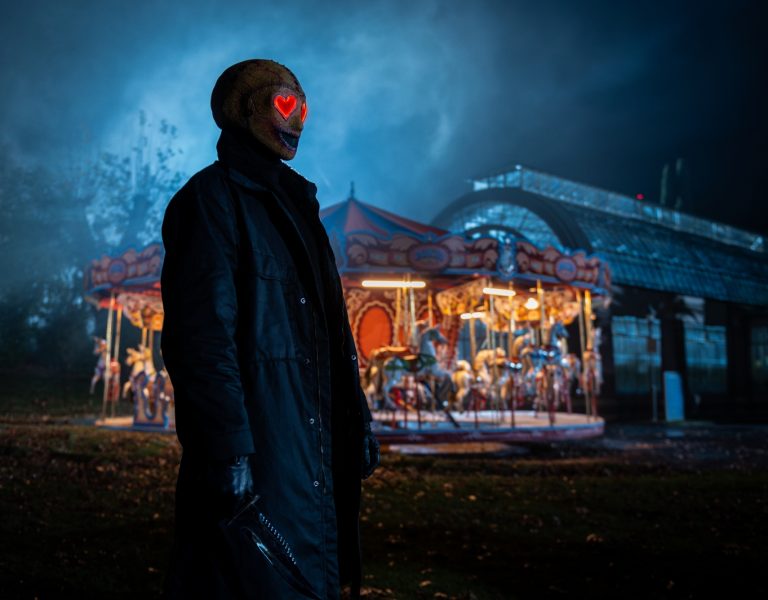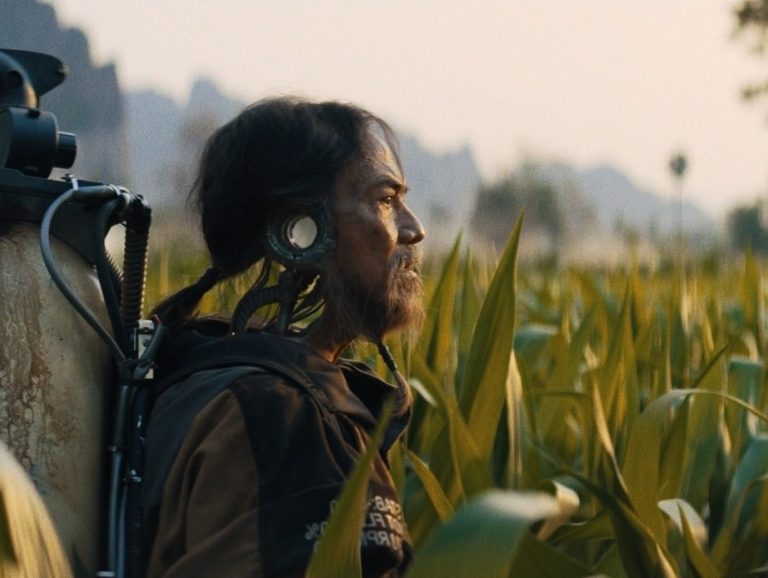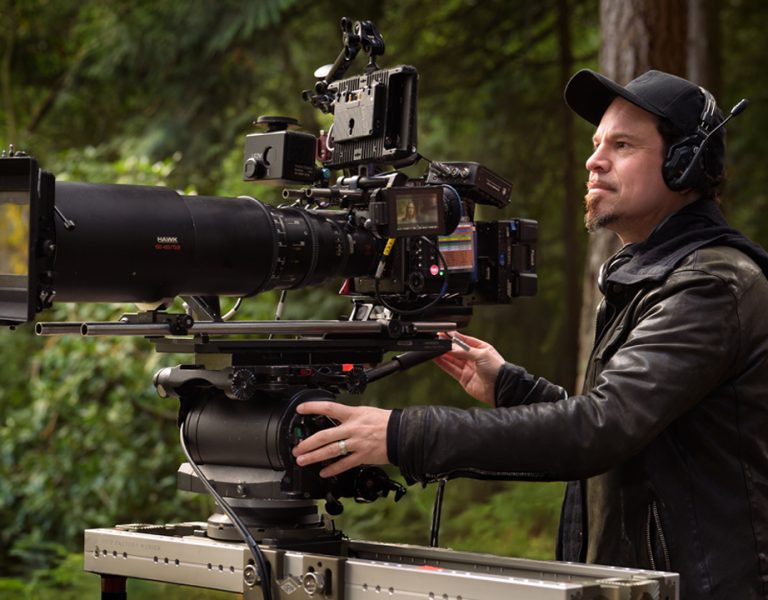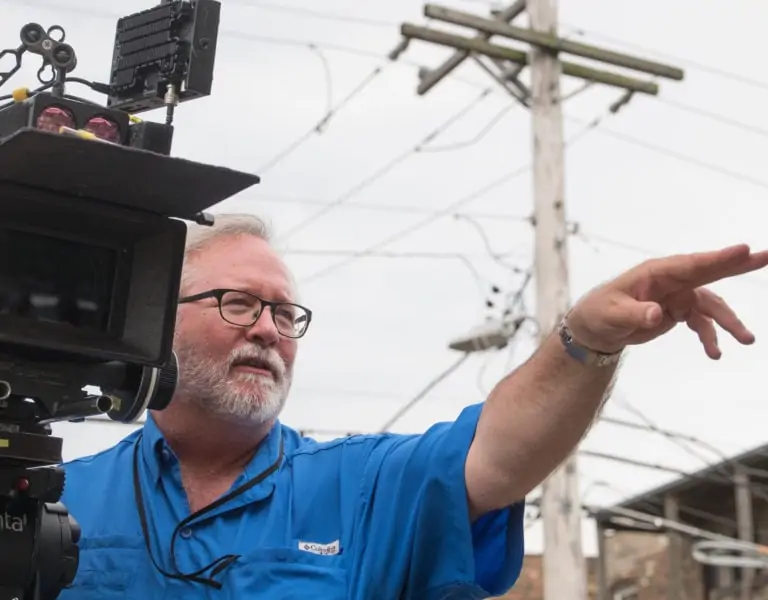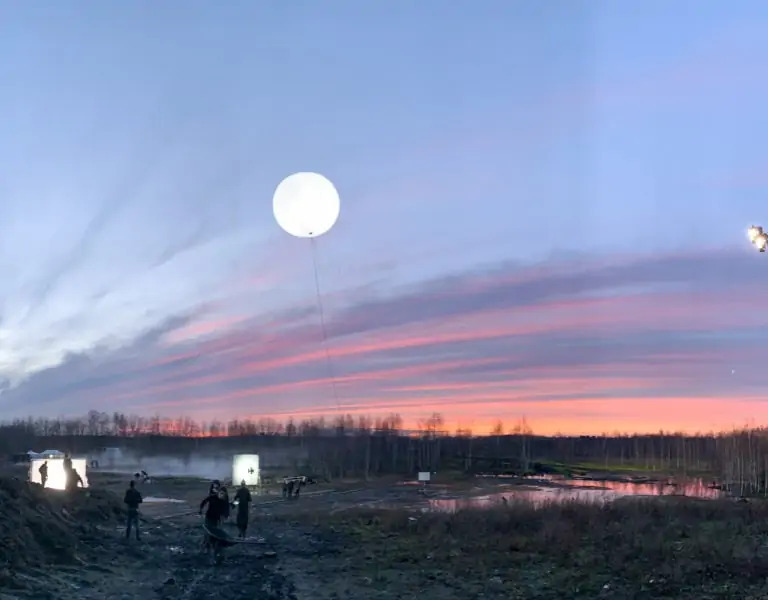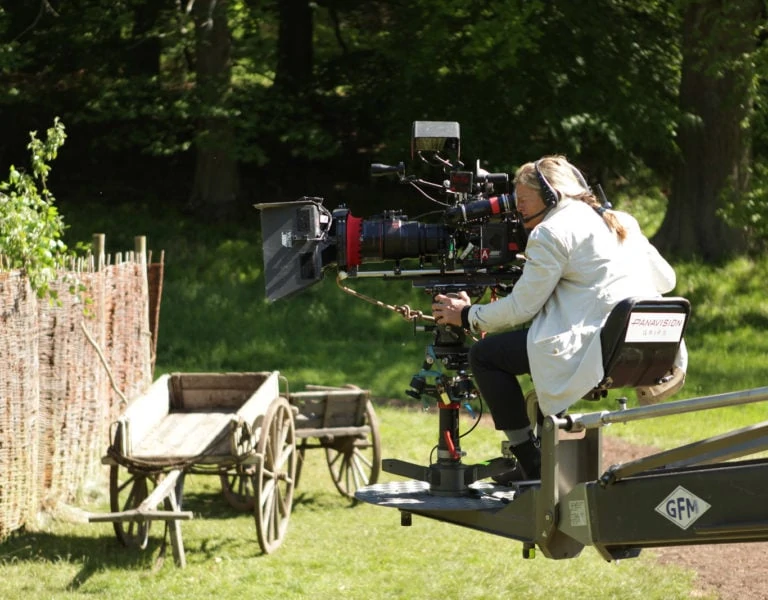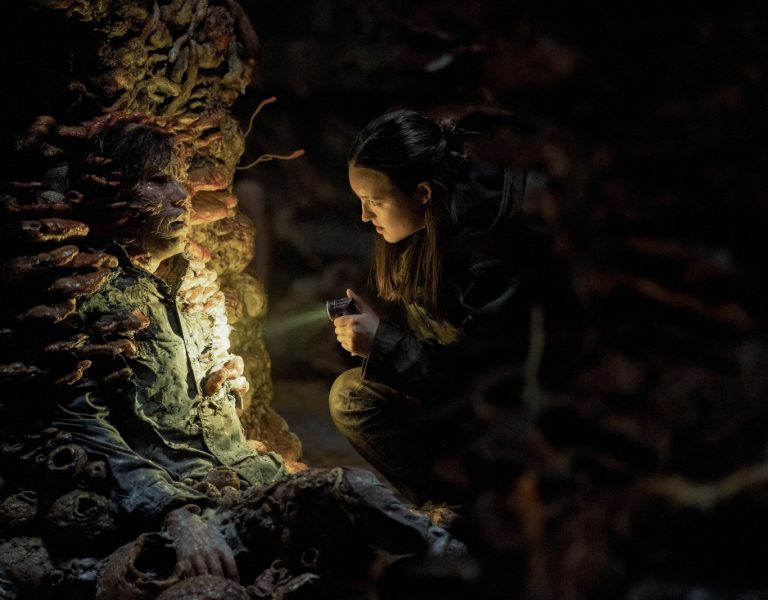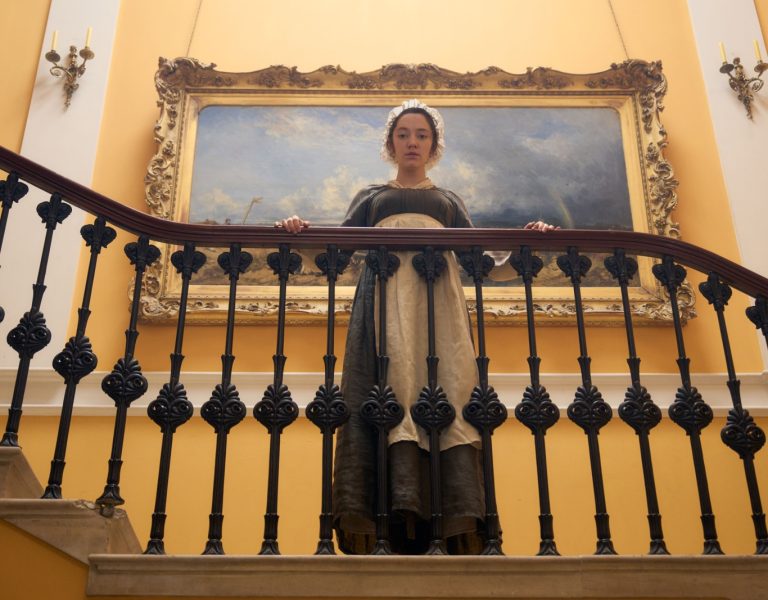GBCT chair Tim Potter puts forward the case for an alternative taxation system for freelance workers first blighted by the pandemic and now the cost-of-living crisis.
The pandemic exposed the lack of structure to the freelance market. What little help there was back then is now totally absent during the cost-of-living-crisis. Furthermore, the present government and its potential replacement would never consider helping a single industry crippled by a strike in another country. The smack of giving something for nothing makes politicians of both persuasions run for the cover of fiscal responsibility. Well-meaning politicians have in the past proposed and even tried to set up schemes to alleviate the troughs in the rollercoaster of the intermittent workers’ life. The greatest of these was the Speenhamland system of the 1790s, which collapsed because the employers of the casual workers exploited the system for their own gain. This type of social wage system was too simplistic to survive the greed of the already rich.
When the pandemic hit, the powers that be quickly saw that a population without an income would lead to civil unrest within weeks. They saw that the only way to avert that unrest was to step into the market and subsidise the people who could not or should not work.
The furlough system works for those in full-time employment, but is completely unsuited to the freelance worker. To be eligible a worker had to be employed on a PAYE basis on one particular day and be on their employer’s real time tax reporting system on that day.
These conditions are almost never the lot of a freelancer. The average worker in the camera department only works between 70 and 100 days per year; the chances of one of those falling on the magic day are low and being on the tax books in the correct manner is just not the way freelancers are dealt with. The Self-Employment Income Support Scheme (SEISS) fared better but was only available to those who were accepted as self-employed by the HMRC for at least half their income. The number of freelancers in our industry who got no support at all was high.
It will probably take a much deeper cost-of-living-crisis to engender a threat of civil unrest, but even then it will take a lot to prize open the government wallet again. The freelance working pattern has always been open to the vagaries of the market and the exploitation of engagers who do not want to pay for the real costs of keeping a freelance workforce in place. The binary nature of the pandemic relief schemes reflects the binary nature of our tax system. You are either fully employed by someone else or by yourself and nothing in between. The freelance patterns of engagement fit neither of these and the tax system has become overly complicated trying to fit this square peg into their round hole.
What is needed is a middle way that will cover the needs of a freelance workforce. A third category of taxation for intermittent workers. This would also allow for systems of support that would fill in the troughs in way that is sustainable, even fiscally responsible. With self-employment levels rising rapid across the whole of the world of work, the need for a system that suits the diverse worlds of the gig economy, zero hours working and our own freelancing has never been greater. Without any protection for our workforce there will soon not be a workforce as those who have found alternative work will not return to the insecurities we offer them.
Words: Tim Potter, Chair, GBCT
A gripping life: Dennis Fraser MBE
A legend. This is a word often used to describe someone who has left a lasting legacy and has changed the world to be a better place in some way. In the film industry there have been many legends of stage and screen before, yet very few in the world of grip equipment development and their work. In September, a few weeks after his 88th birthday, Dennis Fraser MBE, a true legend in the grip world, decided to finally retire after 71 years working in the film business. We take a short look at his magnificent career and the legacy he has left to the British film business.
Leaving school at 15 with little formal education in film, Fraser started to forge his illustrious career in film starting in the days of the studio system as stagehand and painter at the National Studios, then to MGM Studios where he worked on many films. Yet, when he saw and appreciated the craft of gripping, he started to learn his trade and loved it. He was introduced to Pat Newman who recognised his potential, took him under his wing and taught him his trade from the ground up. Working at the studio was about learning and rising through the ranks as his skills increased, and crucially understanding every job on set. The passion for gripping was there at an early stage, and he was able to learn about the whole filmmaking process by watching what the whole team did to create the shots.
When Fraser’s time at MGM Studios ended, Sir Sydney Samuelson CBE knew him as one of the best key grips in the business. Dennis was reliable and had a reputation for supplying solutions to difficult problems that can develop on a shoot without any fuss. With such a reputation for being the most reliable and experienced key grip in the industry he was in huge demand, and this led to the work with some other screen legends.
A hugely successful freelance career followed, with a succession of notable credits throughout the ‘70s and ‘80s including Goodbye Mr Chips (1969, dir. Herbert Ross, cin. Oswald Morris OBE BSC) and Kelly’s Heroes (1970, dir. Brian G. Hutton, cin. Gabriel Figueroa AMC).
Fraser worked with Norman Jewison on many films, such as The MGM musical Fiddler On The Roof (1971, cin. Oswald Morris OBE BSC), and Jesus Christ Superstar (1973) and then Rollerball (1975), both lit by British cinematographer Douglas Slocombe BSC ASC.
Other films were Cross Of Iron (1977, dir. Sam Peckinpah, cin. John Coquillon); Chariots Of Fire (1981, dir. Hugh Hudson, cin. David Watkin BSC); and An American Werewolf In London (1981, dir. John Landis, cin. Robert Paynter BSC). He worked with director and actor Clint Eastwood on many films including Firefox (1982) with Bruce Surtees as DP.
In 1984 Dennis set up his own rental company Grip House with the ambition of making grip equipment safer, more exciting, and more versatile, giving the filmmakers more options in obtaining those special shots. There were dollies and cranes, and he and his team set about designing sliders, tongues, car rigs, specialised cranes and the Fraser Dolly, which is still a great versatile tool for the grips to use.
Inward investment to the British film business is crucial, and the main reason films come over here to shoot is because we have some of the very best technicians throughout the world. A good grip works closely with the DP and the director, listening to what is required, and then providing the shots they want to achieve. It is a crucial role on a film, and we really cannot make great films without them.
Nowadays everyone wants to be a director or DP without the legwork that gets you there, and there isn’t the depth of knowledge of what everyone else does on a set. This can cause issues. This goes through to production too, where they don’t have enough knowledge of the simple things all through the grades up to director.
Perhaps the greatest professional recognition to the film business is the training and the professional NVQ qualifications Fraser achieved. Training and education throughout the whole business is key, and this led to Fraser to push the development of the Creative Skillset’s NVQ qualifications for grips and crane technicians through the Grips Branch of BECTU. There are over 150 qualified grips in the UK now, and the success of the NVQ scheme has spurred other departments to develop their own professional standards in film crafts, written by professionals in their field who know the business intimately.
The biggest transformation is now key grips have the overall say in who is hired on a production, and they won’t hire somebody without a proper qualification. The NVQ guarantees well-qualified professional grips are in charge of the equipment, and safety is a huge part of the equation, with more equipment available for moving vehicles and the ever demanding and spectacular shots required by movie makers putting cameras and equipment into places that were previously unheard of.
The recognition by his peers has been fantastic. Fraser was the very first grip to be invited to join the GBCT, which is a testament to both him and the GBCT. He is an honorary friend of the British Society of Cinematographers and has collected two awards for excellence from the Guild of British Camera Technicians. He also received the ARRI John Alcott Award for Technical Achievement in 2007 and has two lifetime achievement awards from Grip Branch and Skillset. Of course, the ultimate must be the MBE he received in 1993 from then-Prime Minister John Major.
His book Getting to Grips – The Life and Work of Dennis Fraser is packed full of great pictures and stories, and is sold through the Grips Branch, with all proceeds going directly to the Grips Benevolent Fund.
After 40 years as one of the film industry’s best-known grips, Fraser decided to retire. Or so he thought… He handed over to Kevin, his son, who has now many big feature credits to his name. Then Leonard Chapman, a good professional friend and boss of the Hollywood grip rental company Chapman Leonard, asked Fraser to head up the UK and European HQ, which he led until he retired on 29 September 2023.
The Grips Branch left this message on their site:
Congratulations to Dennis Fraser MBE on his retirement from Chapman UK.
The Grips Branch would like to take this opportunity to thank Dennis for all that he has done for gripping in the UK. His contributions over decades [have] been marked by a commitment to excellence and an unwavering dedication to the profession of gripping. The Grip and Crane Techs qualification unique to the United Kingdom is owed largely to Dennis’s vision for the craft skills.
His legacy will continue to inspire young and old grips alike. Many have been mentored over the years by Dennis who has always strived for recognition for the grip department.
Enjoy your retirement.
Thank you for your years of service. Your presence will be dearly missed.
One final thought. Dennis lives by this fundamental principal.
“Be the best in the business.”
…Exactly.
–
Words: John Keedwell GBCT


